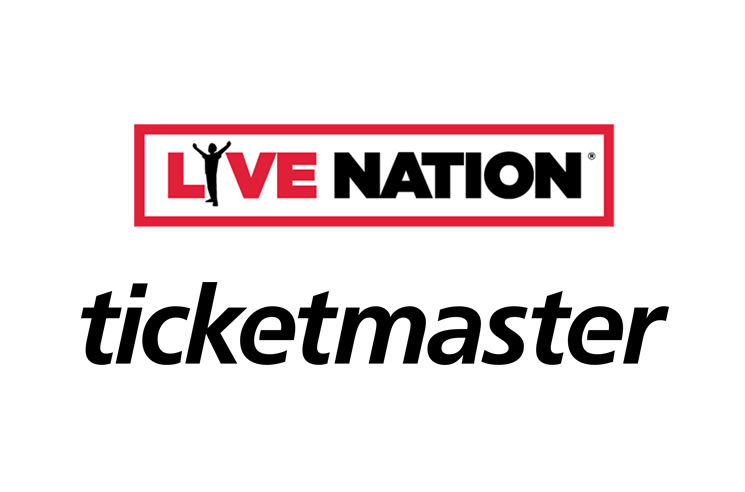The US Department of Justice (DOJ) is expected to file an antitrust lawsuit against Live Nation, accusing the Ticketmaster parent company of illegally maintaining a monopoly in live entertainment, The New York Times reports.
UPDATE (4/23, 11:37 a.m. ET): The lawsuit has officially been filed, and can be found in full here. It's backed by the attorneys general of 29 states, and accuses Live Nation of working with venue management firm Oak View Group to steer clients into signing exclusive Ticketmaster agreements, seeking to snuff out industry competition through both threats of retaliation and acquiring upstarts, and signing "exclusionary" long-term deals with venues, among other allegations.
"Live Nation relies on unlawful, anticompetitive conduct to exercise its monopolistic control over the live events industry in the United States at the cost of fans, artists, smaller promoters, and venue operators," Attorney General Merrick Garland said in a news release. "The result is that fans pay more in fees, artists have fewer opportunities to play concerts, smaller promoters get squeezed out, and venues have fewer real choices for ticketing services. It is time to break up Live Nation."
Live Nation has issued the following statement in response:
The DOJ's lawsuit won't solve the issues fans care about relating to ticket prices, service fees, and access to in-demand shows. Calling Ticketmaster a monopoly may be a PR win for the DOJ in the short term, but it will lose in court because it ignores the basic economics of live entertainment, such as the fact that the bulk of service fees go to venues, and that competition has steadily eroded Ticketmaster's market share and profit margin. Our growth comes from helping artists tour globally, creating lasting memories for millions of fans, and supporting local economies across the country by sustaining quality jobs. We will defend against these baseless allegations, use this opportunity to shed light on the industry, and continue to push for reforms that truly protect consumers and artists.
The government will call for the breakup of the world's largest concert promoter and the ticketing giant, arguing that, through combining Live Nation's dominance over tours and related businesses like venue management with Ticketmaster's exclusive venue contracts, the conglomerate has been able to "maintain a monopoly, raising prices and fees for consumers and limiting innovation in the ticket industry," as per The Times's sources.
The lawsuit — which we first heard rumblings about last month — is expected to argue that tours promoted by Live Nation, as well as put on by artists Live Nation works with, were more likely to include venues on exclusive contracts with Ticketmaster. It will reportedly be filed in the Southern District of New York as early as today, according to Bloomberg.
Live Nation's merger with Ticketmaster in 2010 has faced criticism from the outset. Although the DOJ approved it at the time, a consent decree (which was originally set to expire in 2020, but ended up being extended by five years after repeated accusations of violation) was instated to prevent the company from abusing its powerful preeminence in the live music industry.
After November 2022's disastrous mishandling of the presale for Taylor Swift's Eras Tour, outcry against the megacorporation reached a new apex, and it was revealed in the days to follow that the DOJ had already been investigating Live Nation over potential antitrust violations. The US Senate's Permanent Subcommittee on Investigations (PSI) went on to launch an inquiry over Live Nation's business practices, resulting in a subpoena for documents on Ticketmaster pricing and service fees last November.
Ticketmaster sells an estimated 600 million tickets annually to events worldwide, with some estimates showing its involvement in 70 to 80 percent of the major concert venues in the US.
Last week, the US House of Representatives passed the TICKET Act, a bill that would require total transparency about the fees attached to concert tickets at the outset, as well as preventing speculative ticketing.
